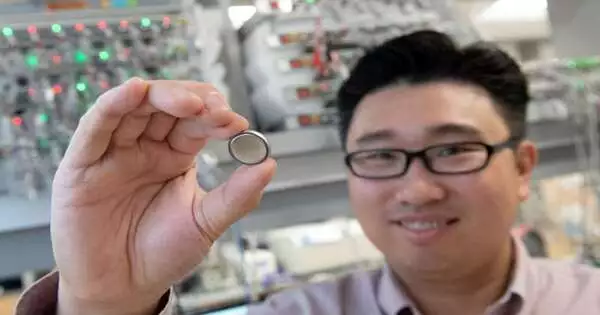Scientists at the University of California, Irvine, have created a nickel-based, long-lasting alternative that could reduce or even eliminate the use of cobalt in the batteries that power electric cars and other products. Cobalt is frequently mined using child labor.
Huolin Xin, the UCI professor of physics and astronomy whose team developed the method, stated, “Nickel doesn’t have child labor issues.” This could usher in a new generation of lithium-ion batteries that are less controversial. According to him, the production of lithium batteries necessitated a significant amount of nickel, so nickel was not a viable substitute until now. Furthermore, the metal’s price keeps rising.
To become a financially feasible option in contrast to cobalt, nickel-based batteries are expected to use as little nickel as can really be expected.
“We’re the first group to start going in a low-nickel direction. In a previous study, my group devised a novel method for completely eliminating cobalt. However, that formulation still relied heavily on nickel.”
Huolin Xin, the UCI professor of physics & astronomy.
Xin, whose team published their findings in the journal Nature Energy, stated, “We’re the first group to start going in a low-nickel direction.” My team came up with a novel approach to completely eliminating cobalt in a previous study. However, that formulation continued to rely heavily on nickel.”
“Complex concentrated doping” was developed by Xin’s team over the course of three years to address this issue. It allowed the researchers to easily alter the key chemical formula in lithium-ion batteries, similar to how seasonings in a recipe can be altered.
Xin explained that the doping process replaces nickel with cobalt in commercial components that are necessary for the operation of lithium-ion batteries.
According to Xin, “doping also increases the efficiency of nickel.” As a result, EV batteries now require less nickel to function, making the metal an appealing alternative to cobalt-based batteries.
According to Xin, the lithium-ion battery industry will undergo rapid change as a result of the new nickel chemistry. He stated that electric vehicle manufacturers have plans to replicate the published results of his team.
Xin stated that “a lot of EV companies want to validate this technique” and that “EV makers are very excited about low-nickel batteries.” They wish to conduct safety checks.”
More information: Rui Zhang et al, Long-life lithium-ion batteries realized by low-Ni, Co-free cathode chemistry, Nature Energy (2023). DOI: 10.1038/s41560-023-01267-y





